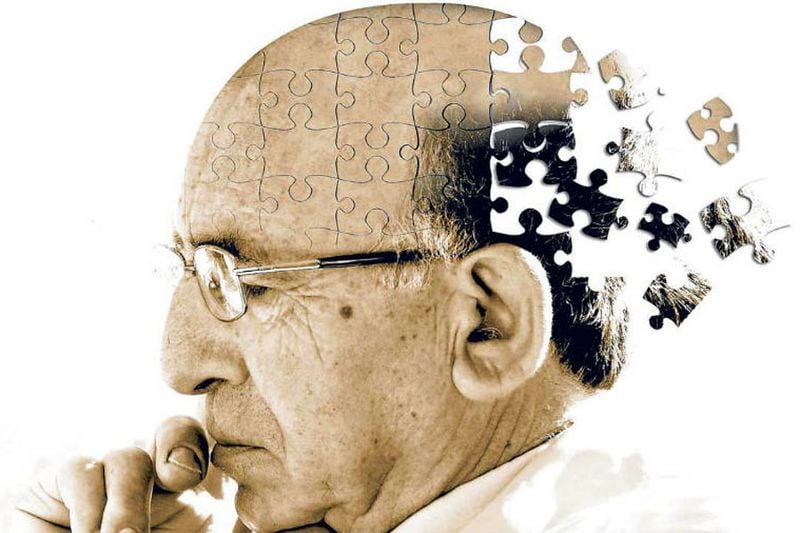For some, the extension of the life expectancy of the population represents a great opportunity, which gives more freedom to people in search of new horizons without restriction of time. However, the increase in longevity of people, it would profoundly transform the structure of society that we know today.
“Normally the life cycle of a family is made up of three levels: children, parents and grandparents, if life expectancy extends to 120 years, I would contemplate great great grandparents even great great grandparents”, He points out Paulina Falcón, researcher at the Millennium Institute of Biomedical Neuroscience, BNI, at the Faculty of Medicine of the University of Chile.
According to figures provided by the Ministry of Health, it is estimated that for the In the year 2050, in Chile, individuals over 60 years of age will increase from 15.7% to 32.9%. At the same time, people over 80 would reach approximately 10.3% These numbers imply a profound change in our demographic structure, representing a challenge for the adaptation of society.
Falcón, who is also a researcher at Science and Life Foundation, explains that, for a long time, the territory of understanding old age emanated exclusively from geriatrics, a discipline of medicine. In the last 60 years, the field of Biogerontology, that is, the study of the Biology of Aging.
“But none of these areas take charge of the cultural construction that modern society has forged around aging and old age. So, it is necessary that from the scientific community we ask ourselves Why do we study aging?, because the fruits obtained from science will play a decisive role in the design of how the society of tomorrow will be sculpted ”, he points out.

The specialist in neurodegeneration adds that “the aging of the population and its impact at the demographic level has generated both the need and the interest in advancing the understanding of this as a phenomenon, not only because of its knowledge per se, but to be able contribute from science to the search for cures and / or treatments of diseases associated with it, whose incidence increases depending on age ”.
The aging process At the biological level, it is complex to address, mainly because it presents a behavior governed by chance. Basically the Aging is the random deterioration of organic molecules that occurs as a function of time. “There are no genetic determinants that can explain aging itself. This represents the central problem of research in the field, to date it has not been possible to fully understand the mechanisms that drive the aging process at the cellular level ”.
Considering this limitation, in the field of cell biology, researchers have tried to understand this stage of life since the study of diseases associated with aging, such as neurodegenerative pathologies, such as Alzheimer’s.
Since the birth in the United States in 1974 of the National Institute of Aging (NIA) financial support for Alzheimer’s research has increased dramatically, translating into practice that at every meeting or conference on aging held in recent decades, an “Alzheimer’s Disease” session is presented almost on a mandatory basis.

“So much has been the pathological approach that has been given to aging research that there are diseases, such as Alzheimer’s, that have overshadowed the importance of research on other diseases within the field of biogerontology, such as cardiovascular problems and cancer ”, highlights Falcón.
The industrial revolution, as a sociological process, impacted not only on the economy, but on the way in which the human being looks at himself.
“The body came to be considered a machine, focusing the observation of the human being as part of an economic system that, together with the development of new technologies, gave way to the Modern era. In this modern production-focused society, where individualism was enshrined, interest was not directed at looking at aging and its complexity”, Explains the doctor in molecular biology and neuroscience of the University of Chile.
Today in a world where the population is aging, diseases associated with aging represent a central challenge for public health. With this in mind, he notes, the question arises: For what purpose do we conduct research on aging? Do we want to be eternal? “Without a doubt, we have an ethical duty to die,” he says.
Inevitably the field research aging It will lead to improvements in the health of the upper age groups, and its consequent extension of life expectancy. This is going to have serious implications for society, he adds, some projections are optimistic, while others are not.
“For this reason, it is essential to be able, from science, to contribute to the knowledge of aging as a fundamental process, to study its etiology and nature from a healthy context and not from the pathological well-paid, and thus being able to take a step forward in the knowledge of aging without looking at it as a disease”, Concludes Falcón.





